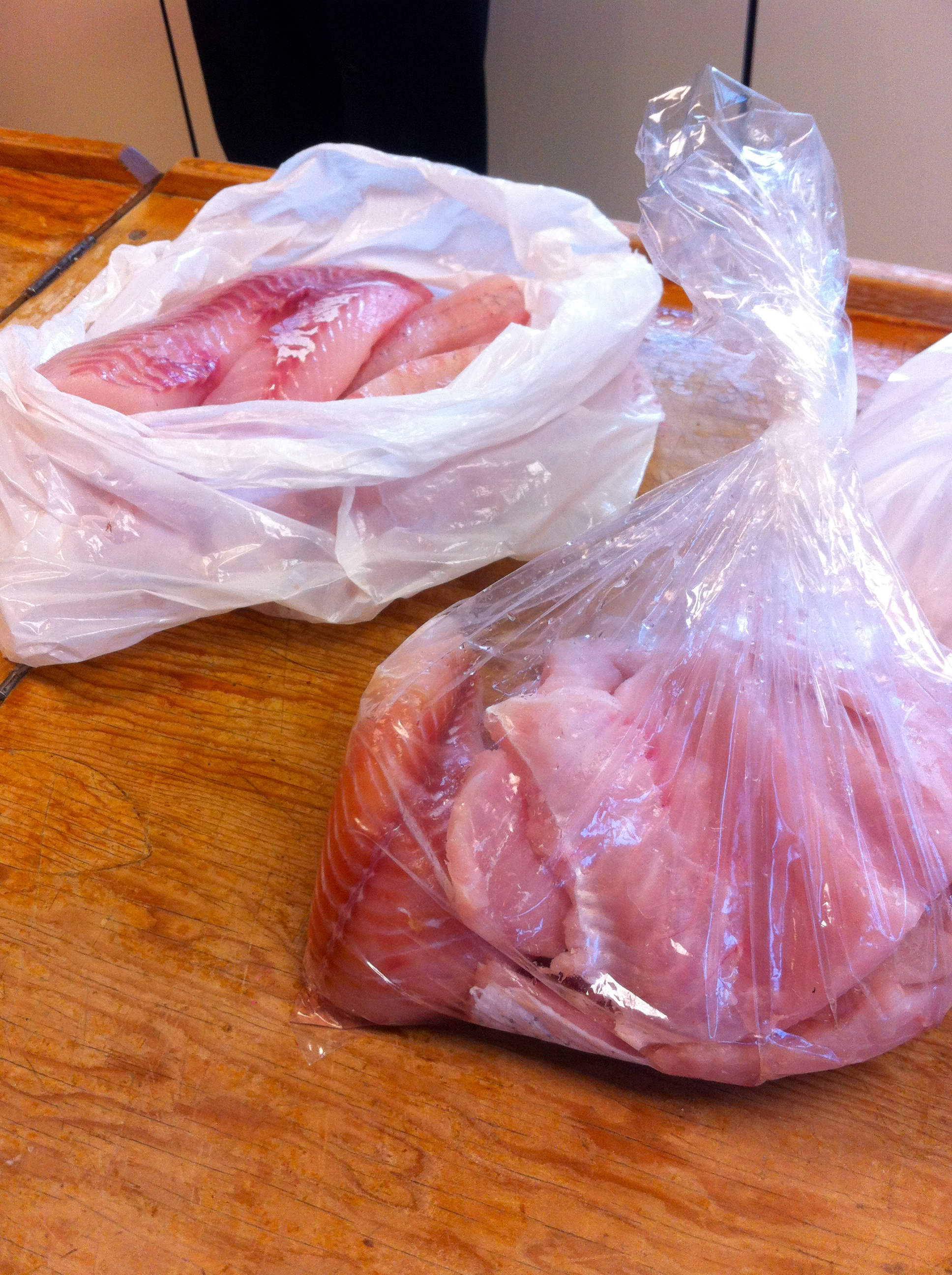Chickens of the North
/Chickens are nothing new in Garden Hill First Nation. A number of community members have chickens in their backyard which they use for meat and eggs throughout the year. A lot of this is thanks to the great work of our partners at Four Arrows Regional Health Authority. Chickens are remarkably tough, and even make it through the cold northern Manitoba winters with no problems.
When Aki Energy partnered with Garden Hill First Nation, we wanted to scale up the number of chickens dramatically. From five chickens in a backyard to 1400 chickens and turkeys. From a household chore to a business and employment creator, was it possible that local chickens could feed a community affordably and create local employment? We thought so.
Aki Energy's Executive Director Darcy Wood with a Garden Hill chick.
Today, we have 1400 chickens and turkeys living at Garden Hill First Nation. They are a mix of meat birds and layers. Their meat and eggs will be sold at the Meechim Market, a local pop-up market run every two weeks in Garden Hill. The revenue from the sale of meat and eggs will support the next season at the farm -- we estimate that this project will be financially self sustaining and independently community run after 1-2 years in operation.
The chicks started their life in southern Manitoba, at a conventional hatchery. We ordered a mix of breeds to get a sense of what would do best in a northern climate. The young chicks were shipped by plane to Garden Hill in the spring, once we had prepared the brooder to house them. The day we shipped the chicks it was almost 30 degrees in Winnipeg and snowing in Garden Hill. We had to work hard to keep the vulnerable chicks hydrated and stable during the trip, but they made it in one piece.
700 chicks on their way to Garden Hill First Nation.
Bidding the chicks 'bon voyage' on their way up to Garden Hill.
The chicks spent their first few weeks in the brooder, the climate controlled interior of the shipping container barn. With heat lamps, free access to chick feed and water, and protection from predators and the elements, the brooder took care of the chicks when they were most vulnerable. Check out this video of the first batch of chicks the night they arrived!
The chicks lived in the brooder for a few weeks until they were old enough to move into the sheltered chicken run built into the greenhouse. The greenhouse run was warmer than the outdoors, and still protected from the elements, but it gave the young chickens access to sunlight and fresh air, and got them ready for life outdoors.
Young chickens exploring the outdoor run.
Once they were older and strong enough, the chicks were moved into chicken tractors, movable outdoor chicken runs. The chicken tractors are a win-win for the farm - the chickens don't need as much expensive imported feed, since they are eating bugs and grasses outdoors, and their poop helps fertilize the soil for future plantings.
We call the chicken tractors 'fort knox.' They may not be the prettiest chicken tractors out there, but with plenty of weasels, eagles and rez dogs who would love an easy dinner, we needed to build a tough chicken tractor to keep our birds safe. These tractors are double walled and enforced with electric wire, and we haven't had a successful break-in yet!
The first chicks are reaching full size, and we are getting ready to kill and process the first batch. That will be a big day for the project - proof that a small northern farm can raise and process large numbers of chickens to feed their own community. So far it's looking good.

























